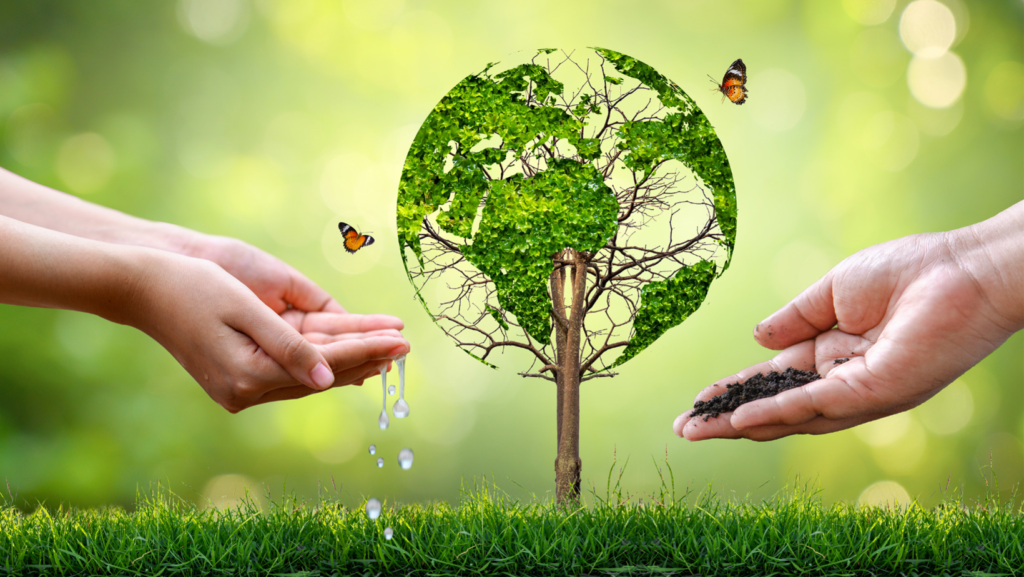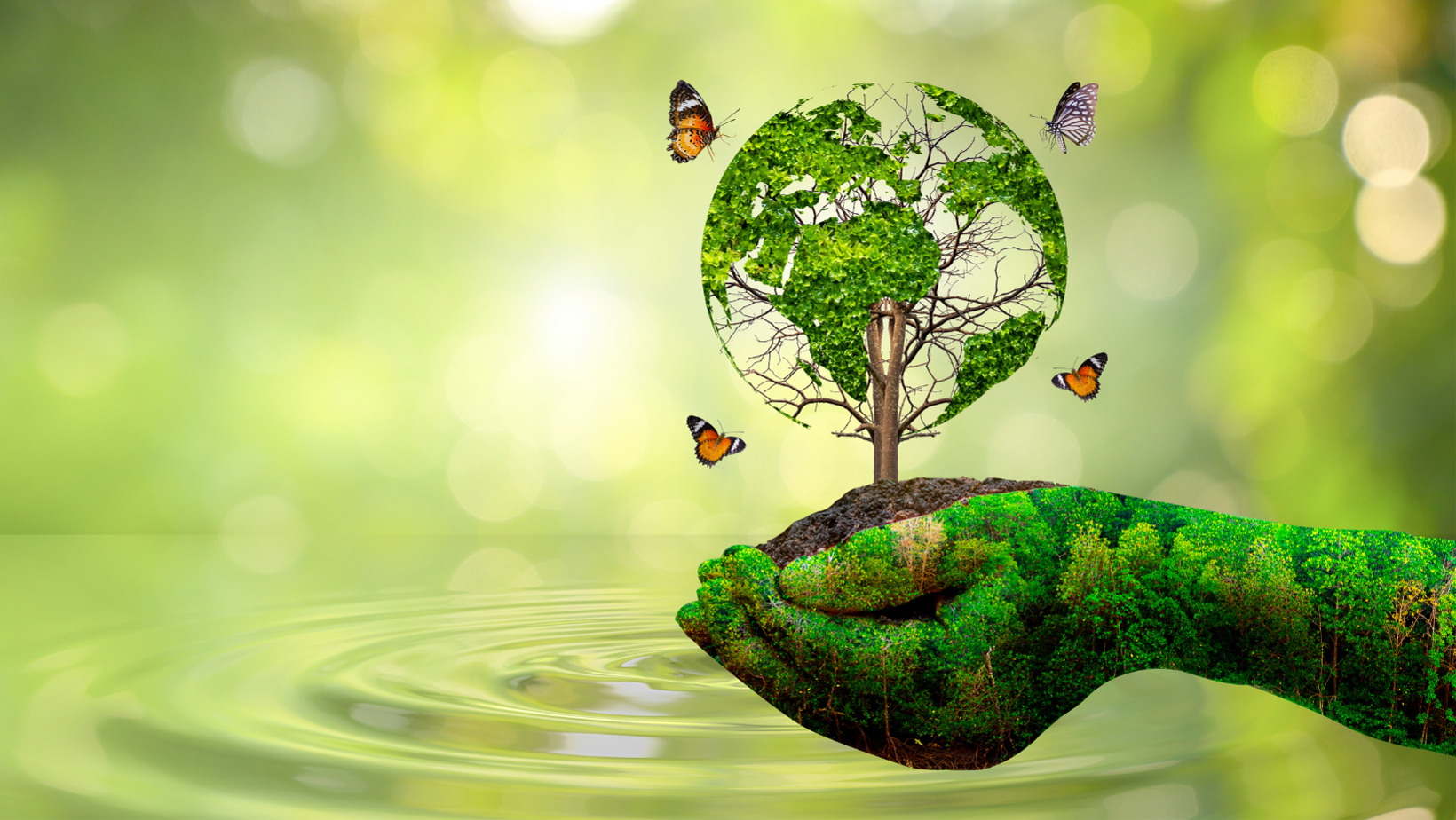In today’s rapidly changing world, the need for sustainable development has become more pressing than ever before. As we face numerous environmental challenges, understanding the impact factors that influence our present environment and sustainable development is crucial. This article explores some of the key factors that play a significant role in shaping our current environment and highlights their implications for sustainable development.

- Climate Change: One of the most critical impact factors affecting the present environment and sustainable development is climate change. Rising global temperatures, extreme weather events, and shifting climatic patterns pose substantial threats to ecosystems, biodiversity, and human well-being. Addressing climate change requires urgent action, including reducing greenhouse gas emissions, transitioning to renewable energy sources, and implementing adaptation strategies to protect vulnerable communities.
- Biodiversity Loss: The loss of biodiversity is another significant factor impacting the present environment and sustainable development. Human activities, such as deforestation, habitat destruction, and overexploitation of resources, have led to a dramatic decline in species diversity. This loss not only disrupts ecosystems but also undermines essential ecological services, such as pollination and water purification. Preserving biodiversity requires conservation efforts, sustainable land use practices, and the protection of endangered species.
- Resource Depletion: The unsustainable consumption of natural resources is a critical factor that hampers sustainable development. As the global population grows and economies expand, the demand for resources like water, minerals, and energy escalates. Over-extraction, inefficient use, and pollution of resources strain ecosystems and compromise the well-being of future generations. Adopting circular economy principles, promoting resource efficiency, and investing in renewable alternatives are essential steps to mitigate resource depletion.
- Pollution and Waste: Pollution, in its various forms, poses severe threats to the present environment and sustainable development. Air pollution from industrial emissions and transportation affects human health and contributes to climate change. Water pollution from untreated sewage and industrial waste damages aquatic ecosystems and affects drinking water supplies. Excessive waste generation, including plastic pollution, exacerbates environmental degradation. Combating pollution and waste requires stricter regulations, innovative technologies, and widespread adoption of sustainable practices.
- Socioeconomic Inequality: Addressing socioeconomic inequality is a vital factor in achieving sustainable development. Poverty and social disparities exacerbate environmental degradation as marginalized communities often lack access to basic services, clean energy, and environmental resources. Promoting inclusive growth, improving access to education and healthcare, and ensuring equitable distribution of resources are essential for fostering sustainable development that benefits all members of society.
The present environment and sustainable development are intricately linked, and understanding the key impact factors is crucial for finding solutions to the challenges we face. Climate change, biodiversity loss, resource depletion, pollution and waste, and socioeconomic inequality are among the critical factors that demand immediate attention. By prioritizing sustainable practices, investing in renewable technologies, and fostering global cooperation, we can work towards a more environmentally resilient and equitable future. Let us seize the opportunity to protect our planet and secure a sustainable future for generations to come.
Written By
Jesica Mithila






